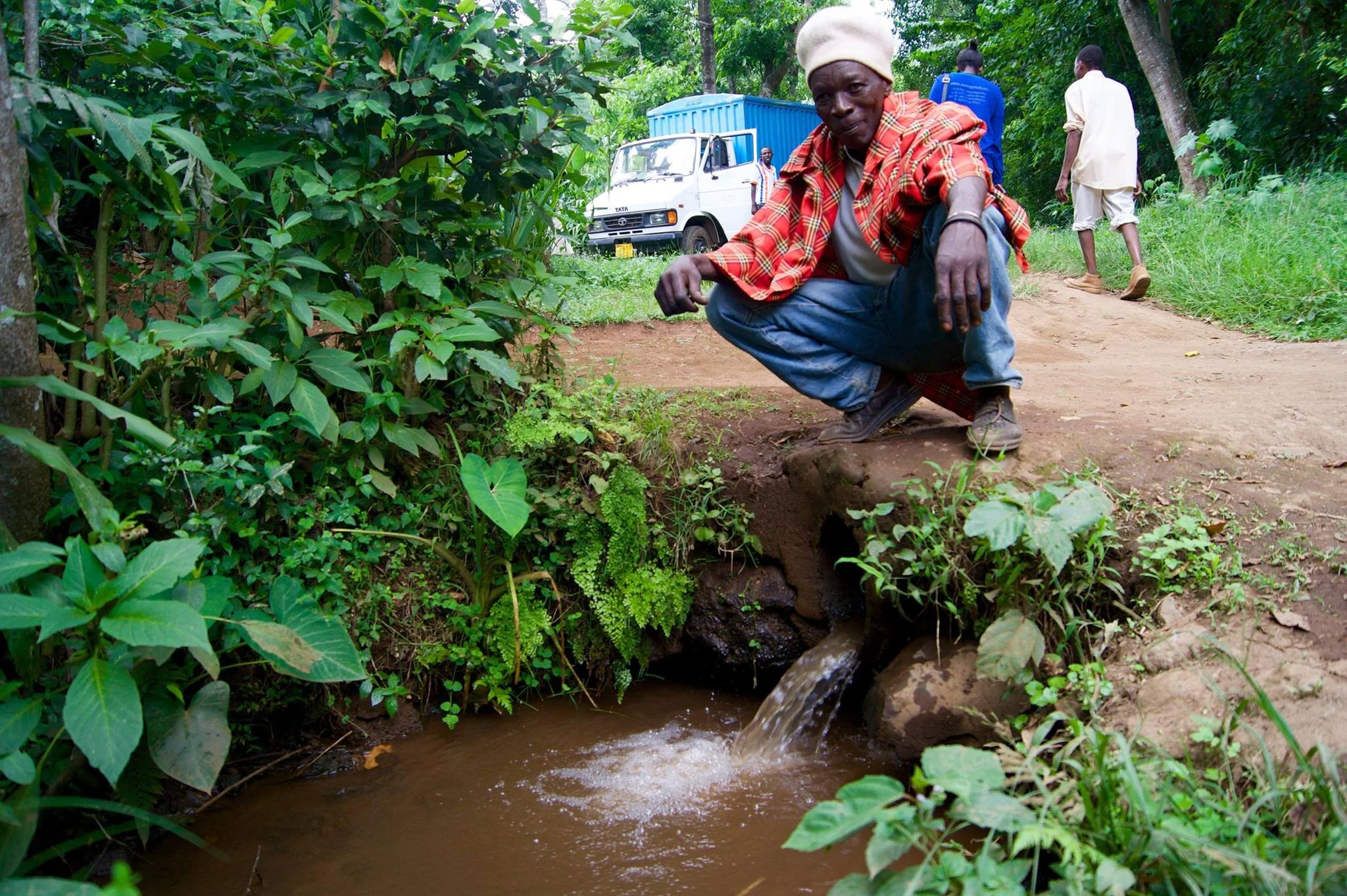Access to clean water was recognized by the UN General Assembly as a basic human right.
In Tanzania, roughly half of the population does not have access to clean drinking water, an issue that is even more prominent in rural areas. When water is available, it is often contaminated with bacteria, viruses and parasites. According to the Tanzania National Website, waterborne illnesses account for over half of the diseases affecting the population.
However, a large portion of the global population still lacks this access.
Education
When children lack access to clean water and fall ill to water-related diseases, school attendance is compromised. Education is a social determinant of health for which higher levels of education are directly correlated with improved health in both the short and long-term. An improvement in access to safe water is an investment in a child’s future.
Health
Access to WASH (Water, Sanitation and Hygiene) is fundamental to individual and community health. Each year, 829,000 diarrheal-related deaths are attributed to contaminated drinking water. More than half of those deaths are children under five years old. Many of these diarrheal diseases can be prevented by ensuring access to safe drinking water and adequate sanitation and hygiene.
Economic Access
Having access to clean water supports economic productivity. On an individual level, less sick-days means more time dedicated elsewhere, such as earning a salary. On a community level, decreased rates of water-related diseases means lower health care expenditure and a continuously productive workforce, ultimately assisting in breaking the cycle of poverty.



